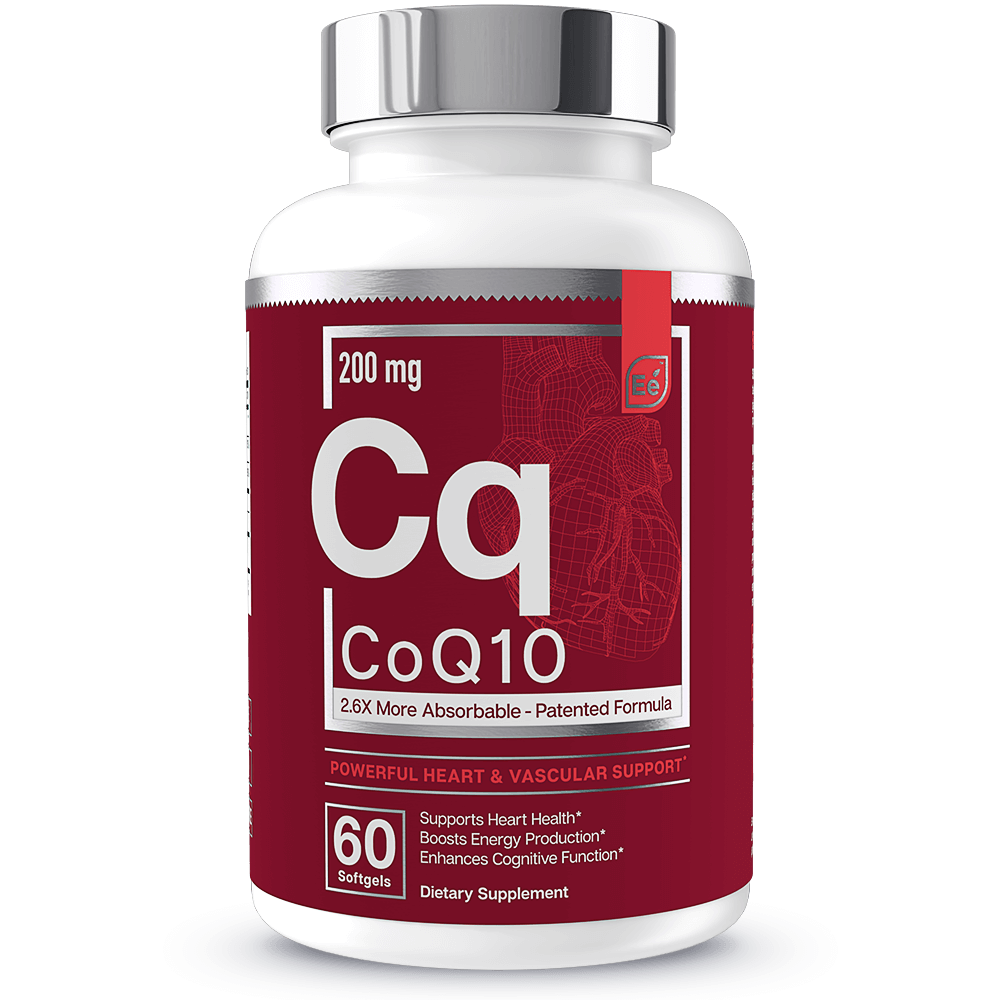Food Myths Debunked: Are Carbs Bad For You?
6 minute read
With all the no-carb and low-carb diets out there, it would seem that carbohydrates are a terrible thing. Carbs, in general, have been given a bad name, but it may not be entirely accurate. What is interesting is that all of your favorite foods (cakes, cookies, pasta, bread) are primarily carbohydrates.
Fad diets have trained us to avoid these foods we love, but it turns out this may all be based on myth. Here is what you should know.
Simple Versus Complex Carbs
Some carbohydrates have minimal if any nutritional value. Sugar, in particular, is the simplest carbohydrate and should be used in moderation. There is a reason that eating a ton of sugar is linked to obesity, poor dental health, diabetes, and a host of other health problems.
Limiting or cutting out sugar is one thing, but giving carbohydrates a bad reputation because of sugar is a mistake. Complex carbohydrates, such as whole-grain bread, pasta, and quinoa, are a necessary part of a healthy and balanced diet.
Don’t forget that fruits and vegetables also contain essential carbohydrates that your body needs. Avoiding all carbs could be damaging to your health, so it’s time to rethink the way you look at carbs.

Simple carbs, like sugar, are small carbon molecules that don’t require much breaking down, and they enter directly into your bloodstream. This is why you feel a sugar rush after consuming a sugar-rich product.
Complex carbohydrates consist of larger molecules that require more energy and more work for your body to break down. Unlike sugary foods that rush to the bloodstream, complex carbs have to pass through a digestive process before they are reduced to glucose molecules, so energy is more sustained.
You do want to avoid sugars, or at least cut them down. Not only can they spike your blood sugar levels to a dangerous point, but they trigger inflammation, which is a root cause of several serious diseases like diabetes, heart disease, and cancer.
Processing Carbohydrates
Digestion of carbohydrates starts in the mouth when the enzyme amylase in your saliva begins to break the carbohydrates down. The digestive enzymes in the stomach further break these carbon molecules down. Once they reach your intestines, they’ve been reduced to glucose and can enter the bloodstream. The glucose then goes to your liver where it’s used for energy or stored for later use.

If you eat an excessive amount of carbohydrates and your body does not utilize the energy, then the glucose continues to be stored as fat. Loading up on simple sugars contributes quickly to this fat storage and the risk of obesity.
With complex carbs, your body takes longer to process the food and glucose will not overload your liver. It’s important to balance your carbohydrate intake with exercise, as a way to burn the glucose before too much is stored.
It’s clear that carbohydrates are your body’s primary source of energy. Without it not only do your energy levels fade, but your body struggles to carry out basic functions.
Every part of your body requires energy, and without this fuel, you would not be able to run, digest, breath, or even think. Fats and proteins are just as essential to these processes, but carbohydrates are the source of energy, which is why they should not be eliminated.
When most people “cut carbs” they usually mean bread and pasta. However, some foods contain carbohydrates which people tend to forget about. Whole grains, milk, fruits, and vegetables also contain carbohydrates. Cutting some carbohydrates will result in better health, but cutting out all carbs completely will not. After banning bread and pasta, people will notice health improvements and attribute it to cutting carbs when in fact they have only cut certain ones. Cutting all carbohydrates will result in your body using fat as its sole fuel source, and this can be dangerous.

| Related: Is Too Much Sugar Stressing You Out? Try These 3 Snacks Instead |
The Good Side of Carbs
The key with carbohydrates is to eat with moderation and to balance them with regular exercise. Over half of your total daily calories should be coming from carbs and cutting them all will not be beneficial. Healthy carbohydrates can be found in dairy, whole grains, and fresh produce, and including these in your diet will help your body thrive.
Quinoa is so nutritious it's often referred to as a superfood. It’s considered a whole grain; is full of fiber, protein, nutrients, and minerals; and benefits your digestive tract and health. Oats are one of the healthiest grains on the planet so shouldn’t be cut from your diet. As a healthy carb and a good source of protein, oats are the perfect way to start any day.
Additionally, you can include any of these healthy carbs in your daily diet.
♦ Bananas
♦ Sweet potatoes
♦ Oranges
♦ Beetroots
♦ Buckwheat
♦ Apples
♦ Blueberries
♦ Kidney beans
♦ Chickpeas

The Bottom Line
The myths and bad reputation surrounding carbs have scared many people into bad eating habits. Complex carbohydrates can be an essential part of a healthy well-rounded diet. What matters is which carbs you decide to eat and which ones you leave behind.
By choosing healthy carbs, you can achieve optimal health, feel energized, and even lose weight. Make carbs your friend, and incorporate them into your nutritional plan in moderation.
READ NEXT >>> 8 Health Benefits From Walking 30 Minutes a Day
At 1MD, our mission is to help people make smarter health choices and lead healthier lifestyles by creating industry-leading products and cutting-edge health content. Take advantage of our medically researched supplements for boosting your health by visiting our online store for a complete list of our 100% natural products. We offer family and bulk purchase discounts as well as monthly subscription options for maximum savings.
























 Health Guides
Health Guides
 Latest Research
Latest Research


